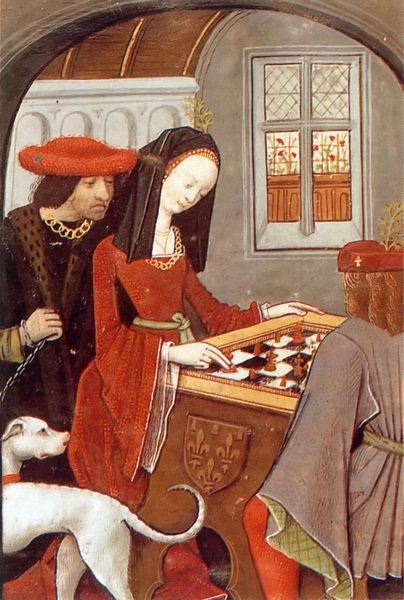"They [the native people] fyght not for the enlarging of theyr dominion, forasmuche as they haue no Magistrates: nor yet for the increase of riches, because thei are contente with their owne commodities: but onely to reuenge the death of theyr predicessours.... As for Golde, Pearles, precious stones, iewelles, and suche other thinges, which we in Europe esteme as pleasures and delicates,
they sette noughte by."
The fyrste viage of Americus Vesputius (May 1497)
from A treatyse of the newe India, with other new founde landes and ilandes, aswelle eastwarde as westwarde, translated out of Latin into Englishe by Rycharde Eden, 1553-55













